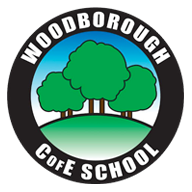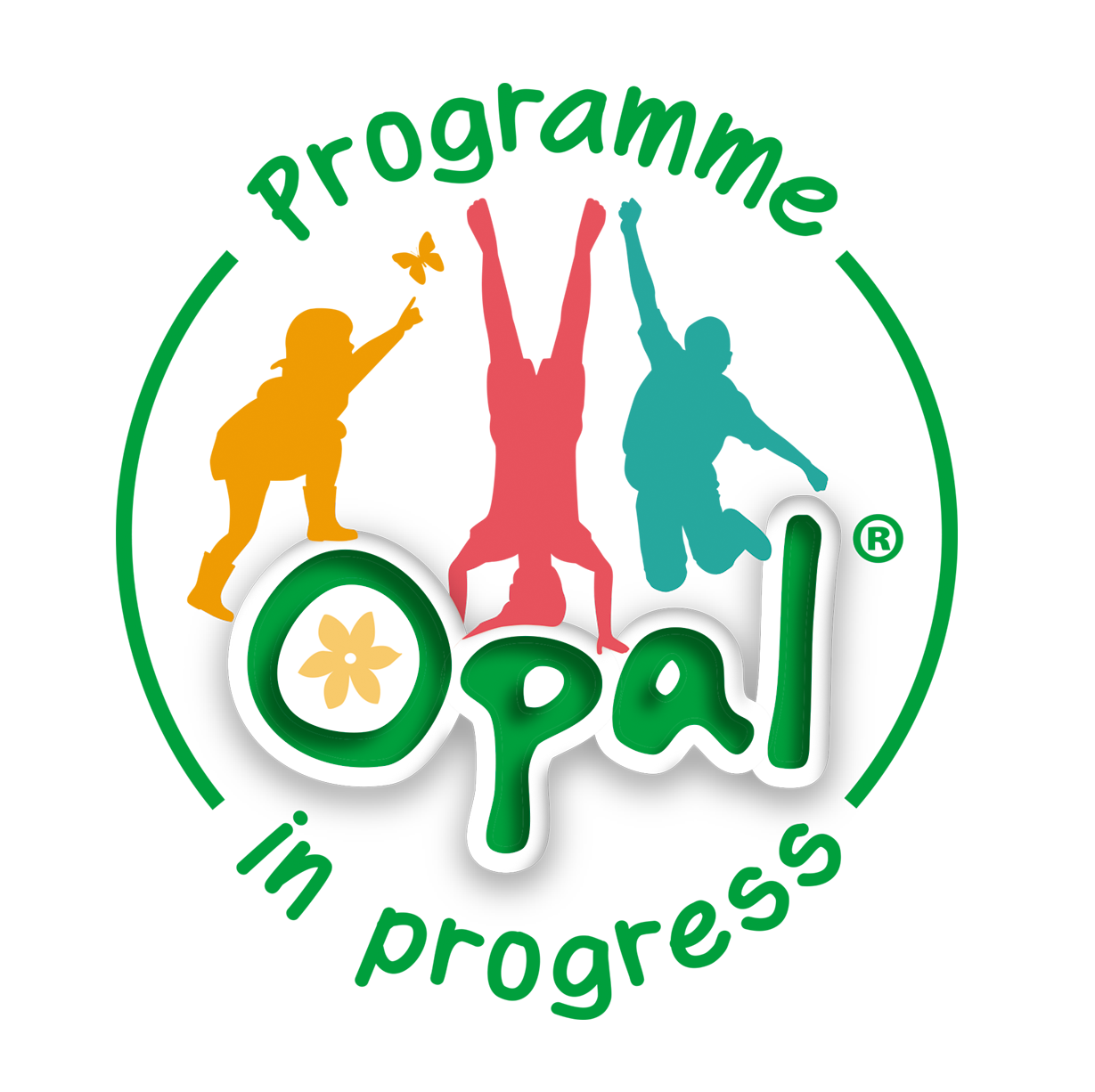Phonics and Reading
At Woodborough, our phonics and early reading is taught using the Little Wandle Letters and Sounds Revised Phonics programme. Phonics is a method schools use to teach your child to read the sounds in words. It helps your child to learn to read quickly and skillfully and is an essential part of your child’s early education. Little Wandle Letters and Sounds Revised is a complete systematic synthetic phonics programme developed for schools by schools. It has been developed based on the original Letters and Sounds, but extensively revised to provide a complete teaching programme meeting all the expectations of the National Curriculum for Reading, preparing your child to go beyond the expectations of the Year 1 Phonics Screening Check and to provide your child with the knowledge and skills that they need to become a lifelong reader!
Oak Class - Reception (F2)
During their time in Reception, the children will take part in daily Phonics sessions which follow a systematic progression of phonics learning which will cover:
- all the phonemes of English words (Phase 2 and Phase 3)
- correct pronunciation of the phonemes
- all commonly occurring grapheme-phoneme correspondences (GPCs) (Phase 2 and Phase 3)
- the correct formation of all graphemes
- blending for reading
- segmenting for writing
- the sequenced learning of appropriate tricky words
Once the children have learnt all the Phase 2 graphemes, they will be taught how to write capital letters.
F2 Teaching Programme Overview
Reading Practice SessionsWhen they are able to segment and blend, the children will also take part in reading practice sessions. These sessions are run in small groups of around 6 children, are timetabled three times a week and taught by a trained adult. The book the children will be reading, will be carefully matched to their secure phonic knowledge.
The children will only begin these sessions once they are able to blend sounds to read simple words. As this happens at different times for children, some children will begin reading practice sessions sooner than others. Any child who cannot blend will be given additional blending practice every day until they can blend and can begin reading practice sessions. Children will bring their reading book home for additional practise and so that you can see the phonemes and tricky words that they have been working on and the progress that they are making with their reading.
As the children will also be using their reading book during the reading practice sessions in school, it is vital that your child brings their book in their reading packet to school every day.
Additional Support for Parents
Use the links below for resources to help you support your child with saying their sounds and writing their letters. There are also some useful videos so you can see how they are taught at school and feel confident about supporting their reading at home.
Key Documents
pronunciation-guide-autumn-1-f2.pdf
pronunciation-guide-autumn-2-f2.pdf
pronunciation-guide-spring-1-f2.pdf
How We Teach
Supporting your child with reading
Although your child will be taught to read at school, you can have a huge impact on their reading journey by continuing their practice at home. There are two types of reading book that your child may bring home:
- A Reading Practice book. This will be carefully matched to the appropriate phonic stage for your child. They should be able to read this fluently and independently. It is crucial that they have opportunities to read their book to develop fluency and prosody (expression) and also their understanding of the text (comprehension). Each book has activities inside the front and back cover to work on with your child as well as listening to them read the book.
- A Reading for Pleasure book. This book has been chosen by your child from the class set of quality texts. It is for you both to read and enjoy together.
Reading Practice Book
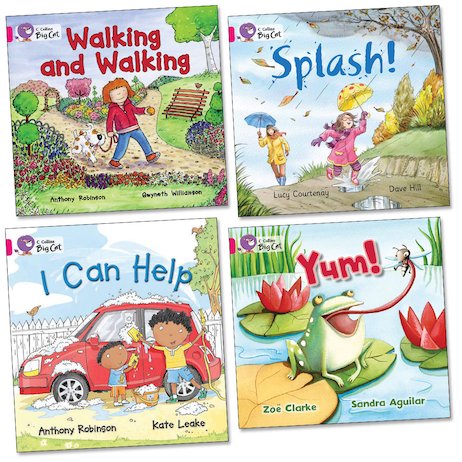
These books are carefully matched to your child’s current reading level. If your child is reading it with little help, please don’t worry that it’s too easy – your child needs to develop fluency and confidence in reading. This book will have been read in school during three reading practice sessions with a trained adult during the week.
Listen to them read and reread the book. Remember to give them lots of praise – celebrate their success! If they can’t read a word, encourage them to ‘soundtalk’ (segment and blend) the word. After they have finished, talk about the book together.
Reading for Pleasure book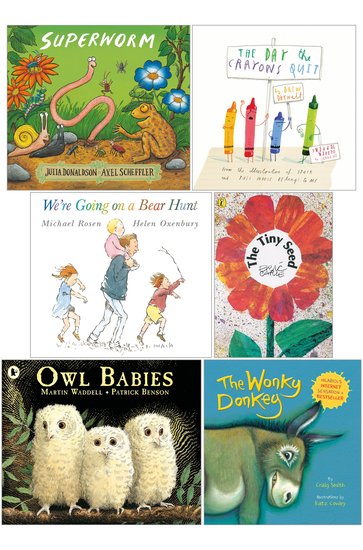
In order to encourage your child to become a lifelong reader, it is important that they have many opportunities to read for pleasure. Your child’s weekly Reading for Pleasure book is a book that they have chosen for you to enjoy together.
Please remember that you shouldn’t expect your child to read this alone. Read it to or with them. Discuss the illustrations, enjoy the story, predict what might happen next, use different voices for the characters, explore the facts in a non-fiction book. The main thing is that you have fun!
You can access more resources by visiting the Little Wandle Letters and Sounds Website.
https://www.littlewandlelettersandsounds.org.uk/resources/for-parents/
Key Stage 1 - Sycamore Class (Year 1)
In Year 1, the children will continue to take part in daily Phonics sessions which follow a systematic progression of phonics learning which will cover:
- all the phonemes of English words (Phase 5 is taught in Year 1)
- correct pronunciation of the phonemes
- all commonly occurring grapheme-phoneme correspondences (GPCs)
- the correct formation of all graphemes
- blending for reading
- segmenting for writing
- the sequenced learning of appropriate tricky words.
The children will initially recap Phase 3 and Phase 4 before moving on to learning Phase 5 grapheme phoneme correspondences.
Reading Practice Sessions
The children will also take part in reading practice sessions. These sessions are run in small groups of around 6 children, are timetabled three times a week and taught by a trained adult. The book that each child will be reading, will be carefully matched to their secure phonic knowledge.
The children will only begin these sessions once they are able to blend sounds to read simple words. As this happens at different times for children, some children will begin reading practice sessions sooner than others. Any child who cannot blend will be given additional blending practice every day until they can blend and can begin reading practice sessions.
Supporting your child with reading
Although your child will be taught to read at school, you can have a huge impact on their reading journey by continuing their practice at home.
There are two types of reading book that your child may bring home:
- A reading practice book. This will be at the correct phonic stage for your child. They should be able to read this fluently and independently.
- A reading for pleasure book. Your child will not be able to read this on their own. This book is for you both to read and enjoy together.
Reading Practice Book
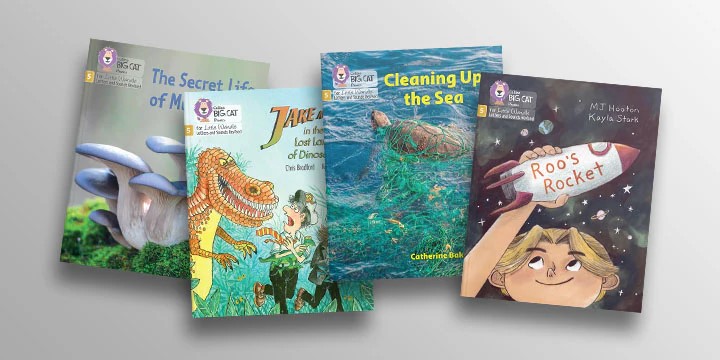
This book has been carefully matched to your child’s current reading level. If your child is reading it with little help, please don’t worry that it’s too easy – your child needs to develop fluency and confidence in reading. This book will have been read in school during a reading practice session with a trained adult before being sent home.
Listen to them read the book. Remember to give them lots of praise – celebrate their success! If they can’t read a word, read it to them. After they have finished, talk about the book together.
Reading for Pleasure book
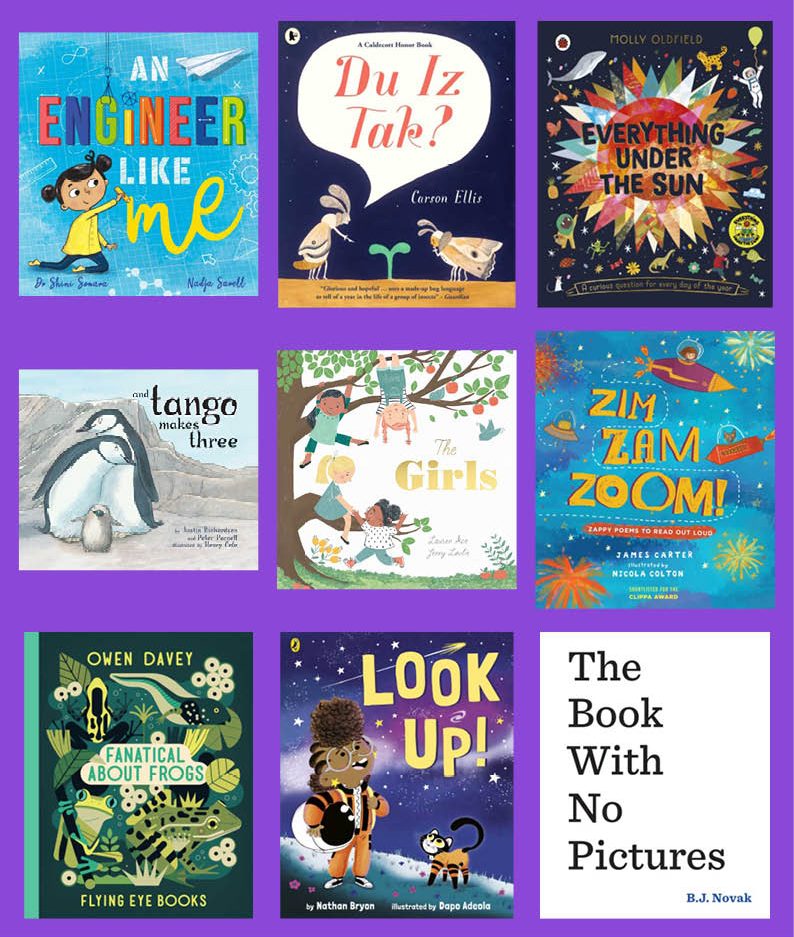 In order to encourage your child to become a lifelong reader, it is important that they learn to read for pleasure. The Reading for Pleasure book is a book they have chosen for you to enjoy together.
In order to encourage your child to become a lifelong reader, it is important that they learn to read for pleasure. The Reading for Pleasure book is a book they have chosen for you to enjoy together.
Please remember that you shouldn’t expect your child to read this alone. Read it to or with them. Discuss the pictures, enjoy the story, predict what might happen next, use different voices for the characters, explore the facts in a non-fiction book. The main thing is that you have fun!
Key Stage 1 - Maple Class (Year 2)
In Year 2, the children will initially start the autumn term recapping and revisiting Phase 5 during daily Phonics sessions.
Any children who did not reach the expected standard at the end of Year 1, will continue to have daily phonics support and Keep Up intervention to support them to reach the expected standard ready for the statutory check in June.
The children will progress to the spelling curriculum as set out in the National Curriculum for Year 2. Children who are still not secure with Phase 2 to Phase 5, will continue to receive phonics sessions throughout the week until they are assessed as secure.
